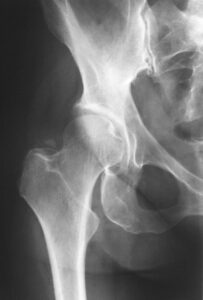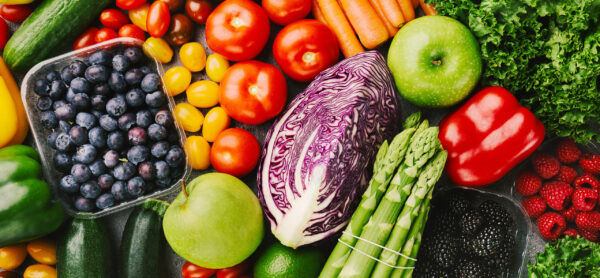
Taking care of your kidneys is important for many reasons. The kidneys process body waste by filtering excess water, toxins, and other impurities from the blood. The kidneys also activate vitamin D to maintain healthy bones, make hormones that regulate blood pressure, and control red blood cell production. They also regulate salt, potassium, phosphorus, and pH in the body.
Tips to keeping kidneys healthy include:
Staying hydrated helps your kidneys clear sodium and toxins from the blood. Aim for at least 1.5 to 2 liters of water daily. If you have a history of kidney stones, drink a little more water to help prevent stones from depositing in the kidneys.
Eat a balanced diet that is low in sodium and processed meats. Try eating fresh fruit, veggies, whole-grain, fish, and food low in sodium. Avoid excess protein.
Exercise regularly to help keep your blood pressure and cholesterol within normal range, and to help keep your kidneys and heart healthy. Try walking, running, cycling, or even dancing.
Control your blood sugars and intake of sugar. When your cells cannot use the sugar in your blood the kidneys have to work extra hard to filter it out. 
Long-term use of over-the-counter (OTC) pain medications called nonsteroidal anti-inflammatory drugs (NSAIDS) such as ibuprofen and naproxen may cause kidney damage. Make sure to talk with your doctor if you are using NSAIDS long term. If you have kidney issues talk to your doctor about kidney safe treatments to cope with pain.
Stop smoking. Smoking can damage the bodies blood vessels causing slower blood flow throughout the body and to the kidneys, which may reduce the kidneys’ function.
There are tests your doctor can run to see how healthy the kidneys are. One of the tests is called a kidney function test. Your doctor should be running this test routinely if you have high blood pressure, diabetes, cardiovascular disease, or have any kidneys issues.
Sources: Healthline, National Kidney Foundation, and Cleveland Clinic
 About Shima: Shima graduated from the University of Arkansas with a BS in Microbiology in 1997 and worked at the University of Arkansas for Medical Sciences with the Infectious Disease Department on clinical trials for over 4 years. She then pursued a career change and graduated with her Doctorate degree from St. Louis College of Pharmacy in 2007. During her years enrolled in pharmacy school she worked part-time at St. Louis University, where she helped design a laboratory protocol for the BCG Vaccine Study, which received full funding in 2011.
About Shima: Shima graduated from the University of Arkansas with a BS in Microbiology in 1997 and worked at the University of Arkansas for Medical Sciences with the Infectious Disease Department on clinical trials for over 4 years. She then pursued a career change and graduated with her Doctorate degree from St. Louis College of Pharmacy in 2007. During her years enrolled in pharmacy school she worked part-time at St. Louis University, where she helped design a laboratory protocol for the BCG Vaccine Study, which received full funding in 2011.
Shima joined Sinks and Medley Pharmacy in September of 2014 as a pharmacist. She continually strives to focus on improving outcomes and raising the quality of life for patients with all types of medical ailments and conditions.




